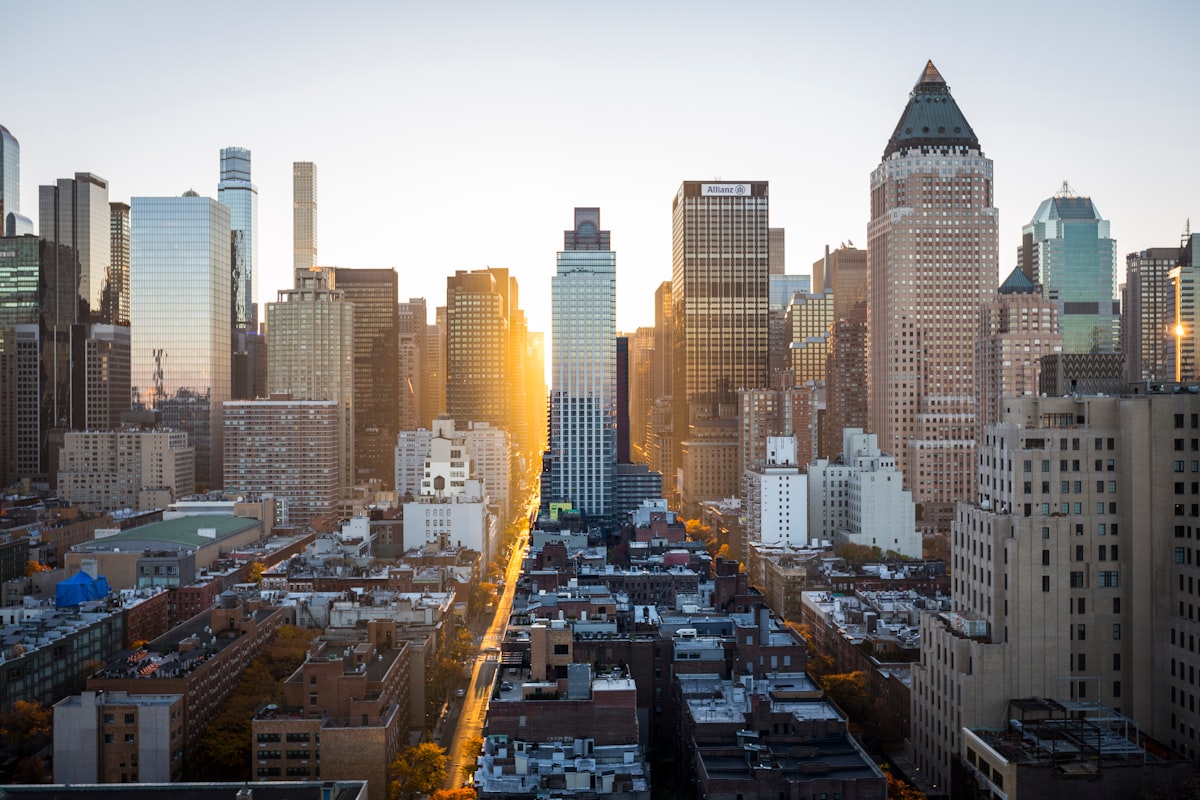More Land More Innovation

The idea is that more land will boost innovation.
From the point of view of Singapore, we have too many scarcities. Compared to poorer countries with more abundance. For example, land, food prices, and housing.
So much of our innovation and energies are dedicated to climbing the bottom rungs of the Maslow hierarchy - which are already present in so many other countries! I submit that this energy is wasted and that we are channelling so much wasted innovation.
Since housing and provision of utilities are already publicly managed, I submit a public policy proposal:
We make more 'land'. This will be in the form of public housing, but also commercial spaces.
First, we make more public housing so that the average square foot per capita rises. This will make housing more affordable. It is this abundance of space that will boost innovation. It provides more spaces for creativity. It creates the security that allows innovation and risk-taking. It divorces people from the old dogma present in their landlord parents.
Second, we make more available commercial space. Just like how the vaunted Jane Jacobs called for mix used space, we will allow it through sheer abundance of space. We can create cheap commercial spaces through sheer abundance - hopefully imitating the effects of winding streets in off-city centre markets and the like. Perhaps we should create huge megalopolis of spaces with deliberately inefficient corridors - to create alleyways and small corners that can thrive through discovery and innovation > as opposed to maximising rents which lead to appeals to the lowest common denominator (and horrible franchises).
(See: my essay on space for innovation)
Third, we create capacity that can attract more people. More people with more capacity would not be a burden. It is only a burden when the capacity is exceeded and the pain is felt by the original residents as well. This leads to resentment. But more people will allow for more interactions and so more innovation. We will become more resilient as new industries emerge. We will have a critical mass and a good enough domestic market to soft-launch products and be tested. A truly local culture and industry can emerge from this well of demand. See the great megacities, it seems a critical mass of people turns a city into the centre of a region that anchors a nation. (Take Tokyo, London, NYC, and more)
All of this 'land' will be artificial. We will have to build upwards and be dense in nature. But density of buildings does not mean smallness of unit size. Instead of micro apartments, imagine large skyscrapers - with every unit the size of a penthouse. Instead of cramped commercial malls, imagine huge shopping complexes with labyrinthian directories. Corner shops, specialty hobby stores, and niche activities can thrive.
Of course, the need to be artificial mostly exists due to the scarcity of land. That's important. Not that artificial land is better, just that it seems to be the only way out in the case of land scarcity.